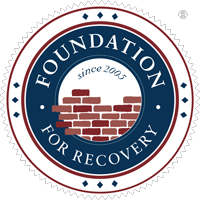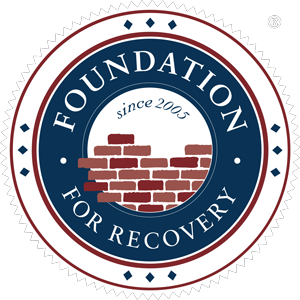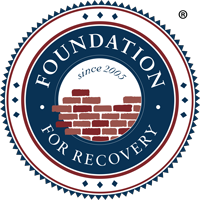The FDA released a statement[*] recently and the URL is nearly as long and dry as the statement.
I point this out because within the statement is the link to the “FDA’s Opioid Analgesic REMS Education Blueprint for Health Care Providers Involved in the Treatment and Monitoring of Patients with Pain (January 2018)”…13 pages of equally dry data stating that latest comprehensive pain education, evidence based prescribing information, as well as alternative non-prescription options must be utilized.
It recommends the creation of a pain treatment plan and overall wellness plan with patient inclusion, cooperation and follow up…all good ideas and strangely familiar.
As I read both documents (no, really) I came to the conclusion that this formula is, in essence, person centered care, which is at the heart of “Authentic Peer Support”.
It involves treating a person as a partner in their own care by focusing on their strengths and enlisting them in their own behalf by finding the tools that they are willing to use in seeking, in this case “pain solutions”.
It involves forging a relationship with a person built upon the ground of mutual respect and shared human pain experience.
To me, it means finding the ‘fast-food medicine’ equivalent of the family doctor, a person that “knows” you for more than 5 minutes at a time.
I offer kudos to the FDA for urging a return to person-based treatment and espousing the principles of “Authentic Peer Support”…it’s about time!
Will Allphin, Foundation for Recovery
[*] https://www.fda.gov/NewsEvents/Newsroom/PressAnnouncements/ucm617908.htm?utm_campaign=08222018_Statement_New%20FDA%20steps%20to%20advance%20evidence-based%20opioid%20prescribing%20guidelines&utm_medium=email&utm_source=Eloqua










